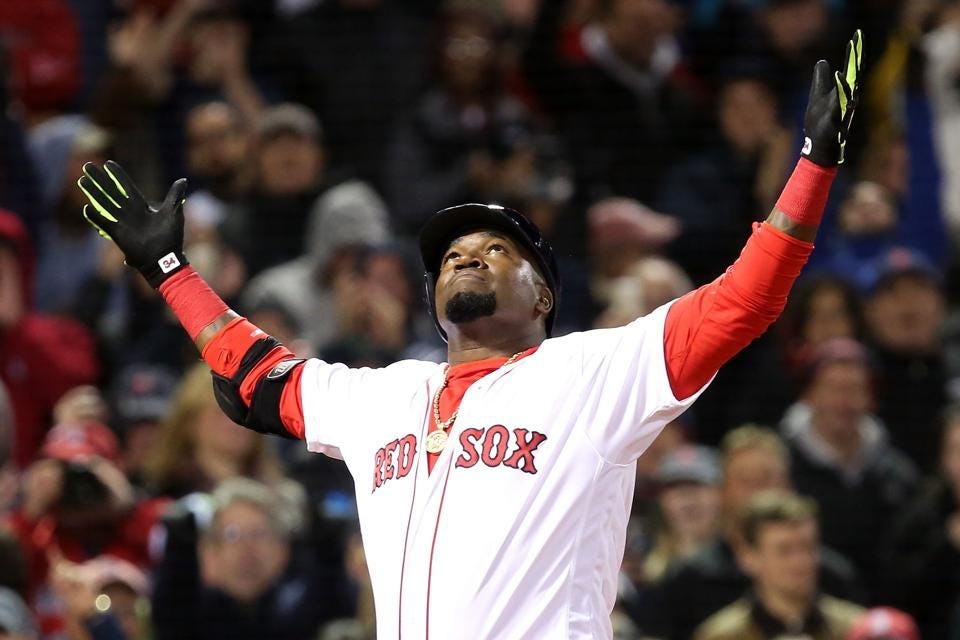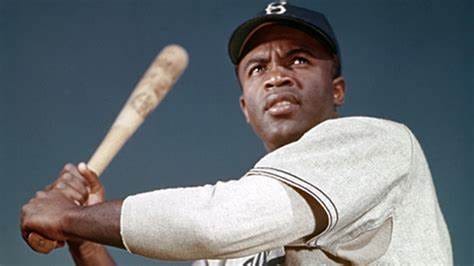Why the Baseball Hall of Fame is Terrible
Examining David Ortiz and major snubs into Cooperstown.
It was announced that David Ortiz, arguably the greatest Designated Hitter in Major League Baseball history, was getting inducted into Cooperstown, the Baseball Hall of Fame. And his induction brought a classic argument into the fold. How could a great player like David Ortiz get in while the greatest players like Barry Bonds and Roger Clemmens were still noticeably absent?
Many will make the silly retort that players like Barry Bonds, Samy Sosa, Mark McGwire, and Roger Clemmens all “cheated” during the Steroids Era of baseball. Players taking performance-enhancing drugs, some of which that were not explicitly prohibited when they took them, tainted the legacy of baseball, right? Of course not! A brief reminder of a few things. Until 2006, “greenies,” or, essentially meth, were allowed in baseball and had been around since the 60s! And a majority of players were using them. Also, even after greenies were outlawed in 2006, the following season saw many players granted exceptions to take similar drugs due to ADHD! Namely, the idea that professional baseball has been devoid of players using substances to boost their performance is ridiculous.
Let’s also point out another issue with the MLB. Baseball notoriously kept out black players. From 1889 to 1947, MLB was a segregated league. Even after Jackie Robinson broke the color barrier, the Red Sox waited until 1959 before integrating! The Red Sox have been around since 1901. It should be pointed out that for only 52% of the Red Sox’s history, would the team have allowed David Ortiz on the roster. And while that’s an excellent batting average, it would get you an F in history class.
One last feeble argument against steroids is player health. I’ve long noted how rough it is how we already lionize players risking their long-term health for an extra playoff win. And how we chastise players for being selfish for focusing on health. Cal Ripken Jr., who played in both the “Greenie Era” and “Steroid Era” of the MLB, is routinely lauded for having the record for consecutive games played. The idea that player health is sacrosanct is a myth. And, again, looking through baseball history, it’s easy to dismiss. A while ago, I found out about Mark Fidrych, a fantastic pitching talent for the Tigers in the late 1970s. Mark was able to tear a rotator cuff and have it go undiagnosed, resulting in a criminally shortened career. I roll my eyes at concern over player health almost as much as I do over steroids.
Now that we’ve gotten the heavy topics out of the way let’s point out one last funny problem with Cooperstown. Mark McGwire and Samy Sosa made history in 1998 by battling and eventually passing the all-time MLB home run record. In 1961, Roger Maris hit 61 home runs, won his second consecutive MVP, and put his name in stone in baseball’s legacy. Maris was also a three-time World Series winner, a seven-time All-Star (in four seasons? baseball’s weird), and an all-time great. He’s never received more than 43% of the vote to get into the Hall of Fame (75% is the cutoff). Also, Cooperstown eventually drops players off the ballot, so Roger Maris, with the current structure, will never be in the Hall of Fame.
Let that sink in. Some of baseball’s most recent greats: Barry Bonds, Samy Sosa, Mark McGwire, Alex Rodriguez, are being kept out of the Hall of Fame for tarnishing baseball’s legacy. This is a legacy of drug use, segregation, and player neglect. And what’s more, the same people opining the sanctity of baseball’s history couldn’t even be bothered to honor one of the critical pillars in that history. I’m sorry to say that Cooperstown is not a monument to baseball’s past. It’s a facade built on myths and falsehoods.
-Dre






